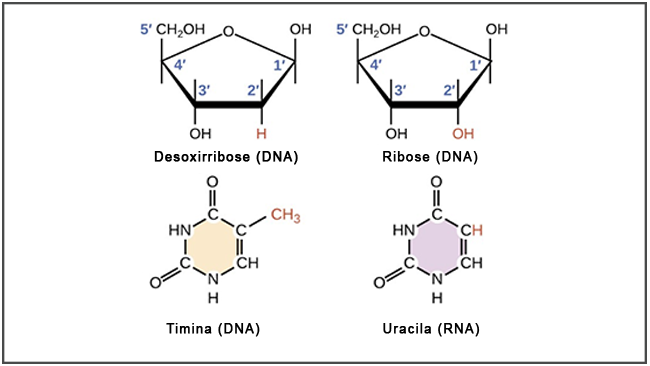Decantation is a process that guarantees the separation of liquid or solid substances that should not be mixed. This is one of the methods used to removal of impurities from the water.
The decantation occurs due to difference in density and solubility between heterogeneous substances. In the case of two liquids – water and oil, for example – the substance with the highest density (oil) tends to accumulate under the less dense one (water).
In this case, both liquids are placed in a closed container and at rest. The force of gravity will slowly be responsible for causing the substances to be visibly separated.
After separation, the container should be slowly tilted so that the less dense substance is deposited elsewhere, leaving only the denser liquid in the receptacle. However, there are several other techniques that facilitate the process of separating substances, such as bromine funnel and the siphonation, for example.
The decanting process can be accelerated using equipment for centrifuge
, which rotate quickly causing the force of gravity to attract the denser substance to the bottom of the container.In addition to being used to separate immiscible liquids, decanting is also used to separate liquids from solids, such as water and sand.
Decanting is one of the steps in the process of water treatment, according to the model followed by the Water and Sewage Treatment Stations (ETA) that exist in all cities with a basic sanitation system.
know more about Water treatment.
Decanting and Filtration
Both are substance separation processes, but the main difference is that the filtration uses porous filters to retain the solids present in the liquid.
Decantation, on the other hand, can also divide liquids, as long as they have different densities.

